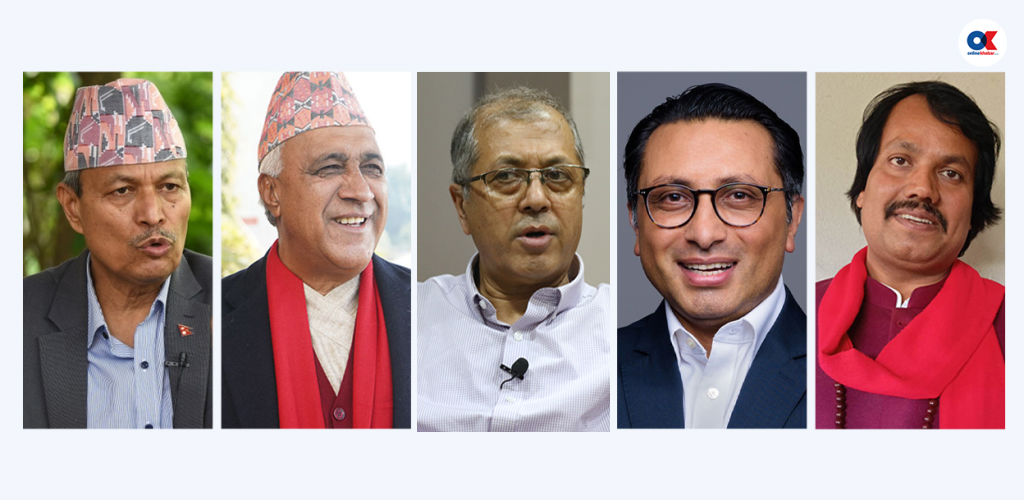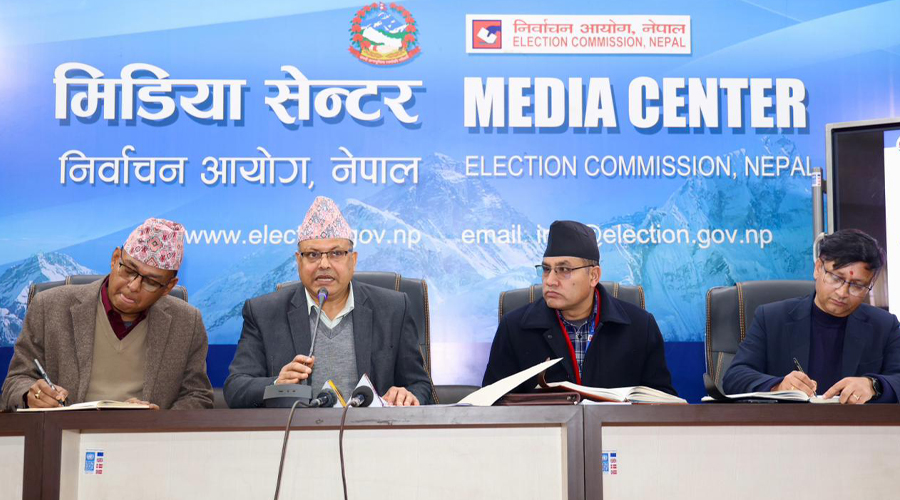
Op-ed pages of broadsheet dailies published in Kathmandu on Monday have given space to various issues ranging from the Prime Minister visit to India, importance of innovation for economic growth, and the struggle in Madhesh.
The importance of innovation for economic growth

In her lead article for The Kathmandu Post, US ambassador to Nepal Alaina B Teplitz highlights the ‘contradictions’ in Nepal’s economy. She says despite the immense potential in energy, human resources, tourism and trade, Nepal’s economy has been under-performing, year after year. She says that it is time for the government to come up with a vision for Nepal for 2030, the year it expects to become a middle income country.
She argues that although the government is doing its bit to prepare a vision for 2030, it still needs to do more to make the legal and regulatory changes that will allow private sector innovation to flourish in Nepal. She says that the tendency of Nepal’s business sector to reflexively reject competition and collude to drive up prices has impeded innovation and minimised job creation at the expense of consumers and the country as a whole. She says that when its easy for new people to come into any business, they bring new ideas and energy.
She concludes by saying that Nepal’s economy will require long-term strategy and determination.
The struggle in Madhesh

CK Lal, in his piece for Republica, talks about the Tikapur incident which took place after the promulgation of the constitution in September 2015. He says that the ‘Khas-Aryas’ have successfully suppressed Tharu voices for self-rule in Nepal’s south-western frontier. He says that Madheshi parties, including the RJPN, did not even get a face-saving ‘cosmetic constitutional amendment’; the RJPN did not even get the electoral symbol it wanted.
Problems of land-locked countries

Sabita Nakarmi, Nepal’s First Secretary at the Permanent Mission to The UN at New York, in her piece for Republica shares her experience of participating in meetings of the International Tribunal for the Law of the Seas. She says that non-landlocked states raise their eyebrows when landlocked states show interest in oceans. She says that oceans are a common heritage of mankind. As per UNCLOS, Nepal’s transit right allows passage to Kolkata, Haldia, Vishakapatnam or traversing India to Bangladeshi ports of Mongla and Chittagong. It is the only convention Nepal can invoke when neighbours create obstacles. She concludes by saying that Nepal should continue to follow the UNCLOS by playing our role in conservation of marine resources.
Prime Minister’s visit to India

Former RPP leader Prakash Chandra Lohani, in his piece for Annapurna Post, says nothing new has come out of Deuba’s visit to India. Adequate preparations were not done before the visit, and there was no significant achievement of the visit, he says. He calls on the Indian government to now walk the talk on different projects it is involved in Nepal, rather than committing to new projects.
























